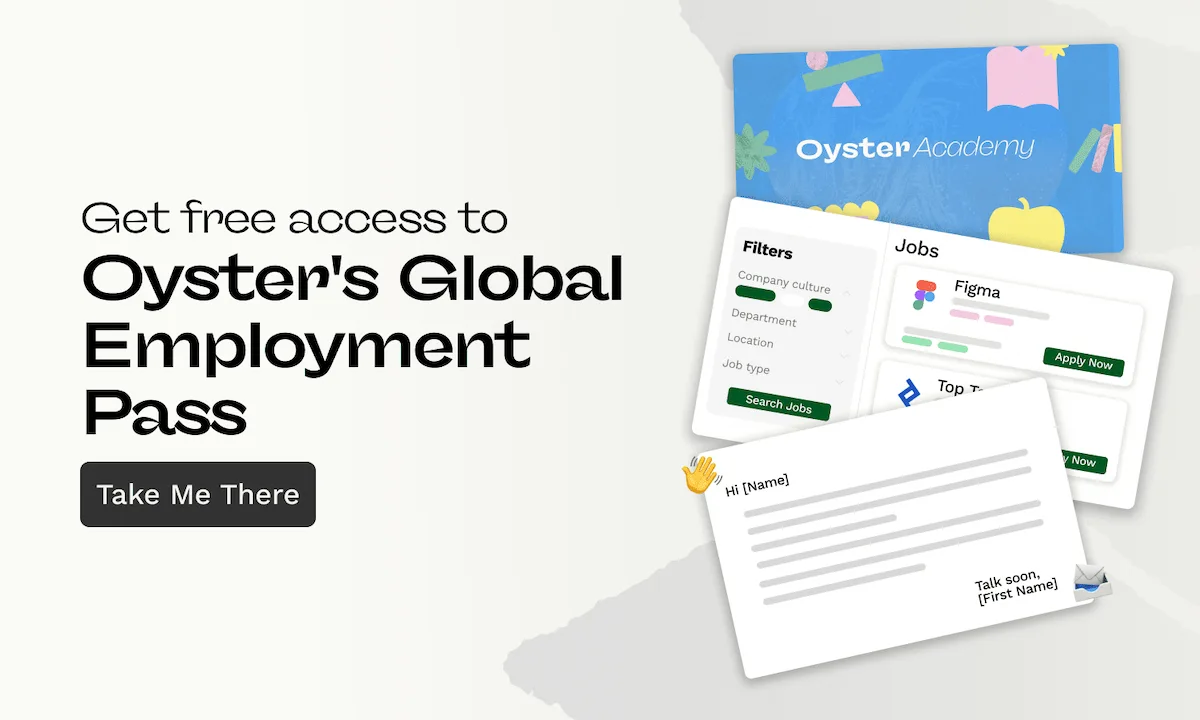One of the primary benefits of working remotely is the ability to relocate as necessary. As long as you have a computer with internet access—and your employer’s permission—you can pick up and move as many times as you want. With that comes a greater amount of freedom to pursue the work-life balance you’ve been seeking.
What to consider for remote work relocation
In theory, moving while working remotely is simple. You choose a new location, pack your belongings, and hit the road. However, there are some details to consider:
- Cost of living: You don’t want to move to an area that’s overly expensive based on your earnings. Do you want a comparable cost of living or an opportunity to save money?
- Time zone: Think about how essential it may be to communicate with coworkers in real time. Does your employer have requirements about being in a specific time zone for synchronous communication?
- Internet reliability: Given the prevalence of videoconferencing and cloud-based file sharing, a high-speed internet connection is a necessity. Will you have access to a connection that allows you to be efficient and productive?
Internationally or nationally?
This is a major point of consideration. Do you need to remain in the same country as your employer? If not, do they have time zone requirements?
These are questions to discuss with your supervisor before deciding. Even if your employer sees that you can maintain communication and productivity, having workers in multiple countries could present compliance and tax-related challenges they’re not familiar with yet.
Office policy
Review your company’s policy on remote work and talk to your People Ops team about those guidelines. You will most likely have some questions, especially about logistics. Here are some questions that are likely to come up:
- Will your employer allow you to relocate to any location without permission?
- Will your employer cover any costs associated with your relocation?
- What information must you provide the HR department in advance and after relocating?
Even if the written policy seems clear, avoid making assumptions and keep your employer in the loop. The People Ops team can answer your questions, provide feedback, and follow up on details they can’t provide right away.
Financial implications of relocating
1. Tax regulations
If you’re relocating from one state to another, your state and local tax obligations will change, but your federal taxes will be more or less the same.
But if you’re relocating to another country, your entire tax situation is turned upside down. Will you continue to pay taxes to your home country? Do you have to pay income taxes in your new country of residence?
Consult with a tax professional before deciding where to relocate.
2. Cost of living
The cost of living can vary greatly from one location to the next. For instance, a townhouse in a Midwestern state is more affordable than a condo in a major coastal city. Housing is usually people’s biggest expense, but the costs of other everyday necessities, like food and fuel, can also vary widely.
The same holds true from country to country. If money is on your mind, countries like Vietnam, Costa Rica, and Bulgaria should be at the top of your list.
3. Renting vs. owning a home
If you’re the type of person who likes to relocate often, renting is almost always better than buying real estate. However, if you plan on staying in a location for a longer period—think five years or longer—purchasing might make more financial sense.
Compare the pros and cons of renting and owning based on your financial circumstances and the area you want to move to. If you’re able to relocate internationally, you might find that long-term rentals are more common than home purchases in some countries.
If you’re not sure whether you want to move periodically or put down roots in a new place, create a short list of destinations and visit each one on a workcation. There’s nothing like first-hand experience to make your decision easier.
About Oyster
Oyster is a global employment platform designed to enable visionary HR leaders to find, engage, pay, manage, develop, and take care of a thriving distributed workforce. Oyster lets growing companies give valued international team members the experience they deserve, without the usual headaches and expense.
Oyster enables hiring anywhere in the world—with reliable, compliant payroll, and great local benefits and perks.





.webp)
.webp)

.webp)
.webp)





_Leader_Leader%201%20(2)%20(3).svg)
_Leader_UnitedKingdom_Leader%201%20(1).svg)
_Leader_Europe_Leader%201%20(1).svg)
_Leader_Mid-Market_Leader%201%20(1).svg)
_Leader_Small-Business_Europe_Leader%202%20(2).svg)
_Leader_Small-Business_Leader%201%20(1).svg)
_FastestImplementation_Small-Business_GoLiveTime%201%20(1)%20(1).svg)